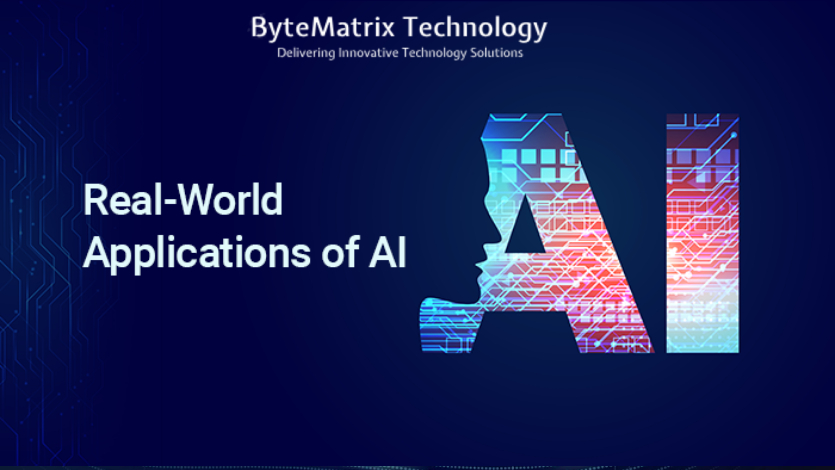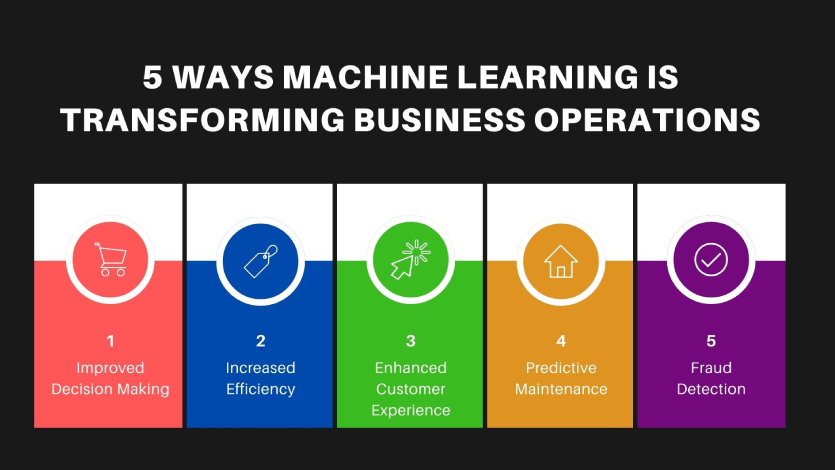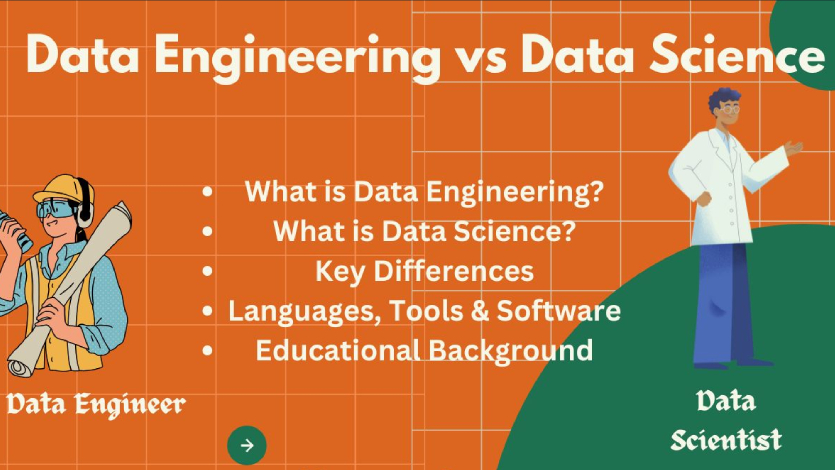
Artificial Intelligence (AI) is no longer just a futuristic idea—it's a practical tool that businesses of all sizes are adopting to improve efficiency, cut costs, and deliver better customer experiences. From automating routine tasks to enabling smarter decision-making, AI is transforming industries across the globe.
Customer Service with AI-Powered Chatbots
Many businesses now use AI chatbots to provide 24/7 customer support. These bots can answer common questions, process simple requests, and even handle transactions without human involvement.
For example, banks use chatbots to help customers check balances or transfer funds instantly, while e-commerce platforms use them to resolve shipping and product queries. This reduces waiting times, improves customer satisfaction, and allows human agents to focus on complex issues.
Predictive Analytics for Smarter Decisions
Companies generate huge amounts of data, and AI helps turn this into actionable insights. Predictive analytics powered by AI models can forecast demand, customer behavior, or even future risks.
Retailers use AI to predict which products will sell during certain seasons. Manufacturers use it to forecast raw material needs and avoid supply chain disruptions. By using AI for predictions, businesses can make data-driven decisions and stay ahead of the competition.
AI in Marketing and Personalization
Marketing has become smarter thanks to AI. Instead of sending the same ads to everyone, businesses now use AI to analyze customer preferences and personalize messages.
Streaming platforms like Netflix recommend shows based on viewing history, while online stores like Amazon suggest products tailored to each shopper's habits. This personalization not only increases sales but also strengthens customer loyalty.
Process Automation and Efficiency Gains
Repetitive back-office tasks like data entry, invoice processing, or scheduling can now be handled by AI-powered automation tools. This reduces errors and frees up employees to focus on higher-value activities.
For example, insurance companies use AI to automatically review claims, while HR teams use it to screen resumes and shortlist candidates. The result is faster processes, lower costs, and improved efficiency across departments.
Fraud Detection and Risk Management
AI is playing a major role in protecting businesses from fraud and financial crime. Machine learning algorithms analyze thousands of transactions in real time, spotting unusual patterns that may indicate fraud.
Banks and fintech companies rely on AI systems to prevent fraudulent credit card charges or detect money-laundering attempts. By identifying risks quickly, businesses save millions and build trust with customers.
AI in Supply Chain and Logistics
Managing supply chains can be complex, but AI is making it easier. AI models help businesses predict demand, optimize delivery routes, and reduce waste.
Logistics companies use AI to track shipments in real time and reroute trucks to avoid traffic delays. Retailers rely on AI to keep shelves stocked without over-ordering. These improvements lead to lower costs and faster deliveries.
Enhanced Cybersecurity with AI
As cyber threats grow more sophisticated, businesses are turning to AI to strengthen their defenses. AI systems monitor networks continuously, detecting suspicious activity and stopping potential breaches before they escalate.
Unlike traditional security tools, AI adapts to new attack methods, making it a powerful shield against hackers. This is especially important for industries like finance, healthcare, and e-commerce, where data security is critical.
Conclusion
Artificial Intelligence is not a distant technology of the future—it's here today, actively transforming how businesses operate. From customer service and marketing to supply chain management, fraud detection, and cybersecurity, AI applications are helping organizations work smarter, faster, and more effectively.
The real power of AI lies in its versatility. It can be applied to almost any business function, delivering measurable value and competitive advantage. Companies that adopt AI early are reaping the rewards of efficiency, customer loyalty, and innovation—while those that hesitate risk falling behind.






